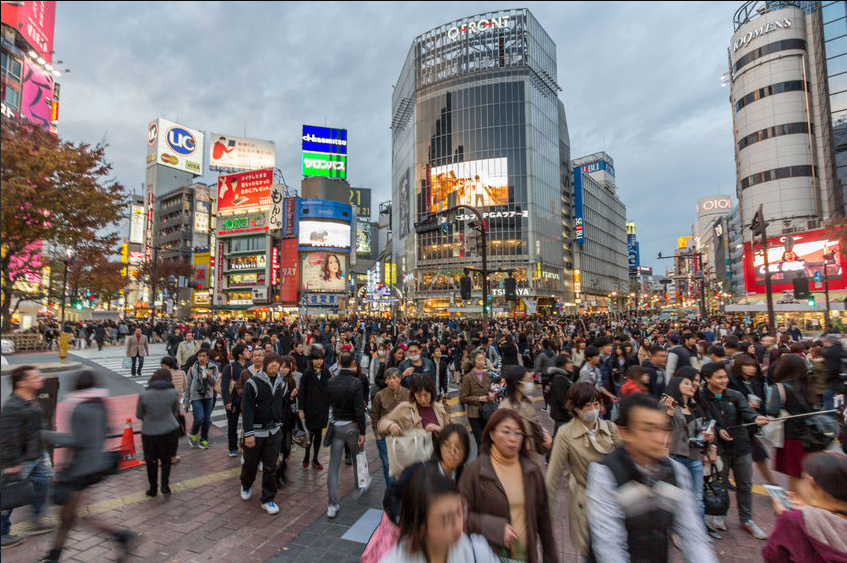Japan’s Independence Day: A Tale of Tradition and Controversy

Japan does not have an Independence Day in the same sense that many other countries do. Instead, Japan has a complex history of political change and modernization that doesn’t align with the typical narrative of a struggle for independence from colonial rule.
Japan’s history is marked by a long period of feudalism, with various clans and rulers vying for power. It wasn’t until the late 19th century that Japan underwent a dramatic transformation under Emperor Meiji. During the Meiji Restoration (1868-1912), Japan transitioned from a feudal society to a modern nation-state. This period involved significant reforms, including the abolishment of the samurai class, the adoption of a Western-style legal system, and the modernization of the military and economy.
One key event during this era was the overthrow of the Tokugawa Shogunate, which had ruled Japan for over 250 years, and the restoration of the emperor’s direct rule. This might be seen as a form of “independence” from the shogunate’s rule, but it’s not the same as the struggle for independence seen in many other countries.
Japan’s modernization was driven by a desire to catch up with the Western powers and avoid colonization, rather than to gain independence from a colonial power. Japan achieved this goal by rapidly industrializing and modernizing its military, which allowed it to become a colonial power itself, notably annexing Taiwan and Korea in the late 19th and early 20th centuries.
In the context of Japan’s history, there isn’t a single Independence Day that marks the country’s liberation from colonial rule, as is the case in countries that were colonized or occupied by foreign powers. Instead, Japan observes several national holidays that commemorate historical events, but none of them correspond to a traditional Independence Day.
However, it’s essential to note that Japan’s history is not without controversy, particularly regarding its actions during World War II and the colonization of other Asian countries. The legacy of these actions continues to be a source of tension and debate in the region. Japan’s approach to its own history and the way it is taught in schools has been a subject of controversy both domestically and internationally.
In summary, Japan’s history is unique, and it doesn’t have a traditional Independence Day in the same way that some other countries do. Instead, it has a complex history of modernization and political change, with various historical events and controversies shaping its national identity.




